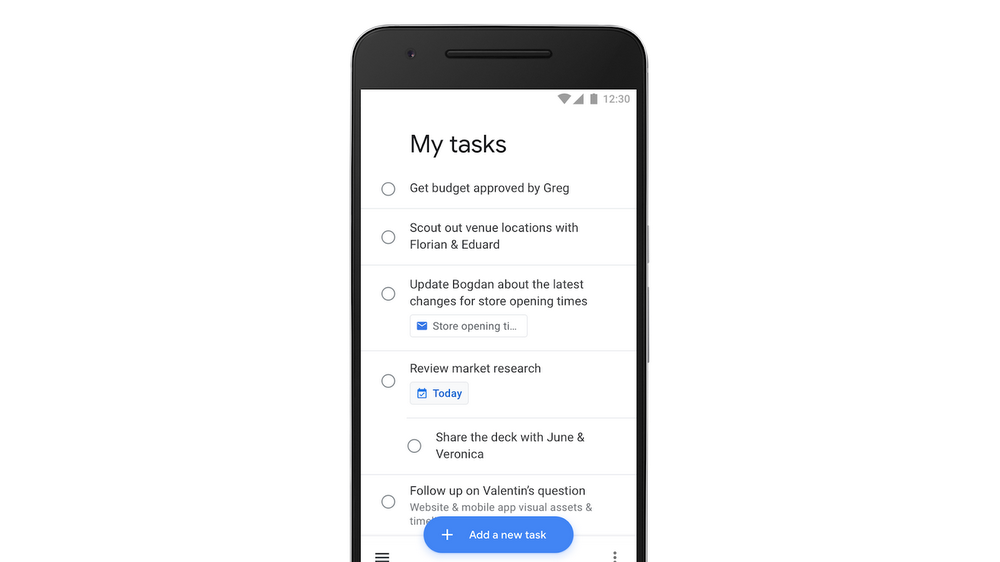We are in the tail end of January and many have already given up on their new year’s resolutions. In life just like in business, too many people “fail” at accomplishing the goals they set up for themselves.
This is a great time to remember one of my favorite questions “What’s most important to you about […]”
Doing less accomplishing more
This is a simple sentence that has been used to turn around dying companies and turn around marriages. Forget about trying to accomplish 500 things simultaneously and distill your commitments to the real value-add goals. By doing what’s really important, you do less but achieve more. That is the essence of efficient time and goal management.
By making the number of goals more achievable, you set yourself up for success. Your subconscious will be more calm and relaxed because you will be tackling something it believes is achievable (10 goals instead of 100). Not only will this seem more achievable but it also means hundreds of less important distracting activities or decisions points are eliminated, which leads to clearer decision making.
You will do less but complete a lot more value add tasks. By concentrating on the elements that deliver the biggest bang for the buck, you’ll waste less time and receive many more rewards for the tasks you do accomplish.
By doing less, you free up time (which everyone needs more of anyway). You can then decide how to effectively spend this newfound time. It can be used for relaxation, education, spending time with loved ones or accomplishing other meaningful work.
How can I be lazy today?
When planning your schedule, take a minute and ask yourself “how can I be lazier today?” What activities can you get rid of without too much impact? Most people assume everything on their calendar is critical and must get done. Is that really true? Do you have to be in every one of those meetings ? Can they be delegated or refused?
I recommend building in YOU TIME into your calendar. This is time for you to just sit down and relax. Having meditated for over 15 years, with a couple simple breaths, I can put myself in a very calm and relaxed state.
Even if you don’t meditate, take a couple of minutes to sit still on your chair, close your eyes, take a deep invigorated breath, hold it for 10 seconds then slowly exhale. As you are doing this, concentrate on the inflating and deflating of your chest. With every breath, feel the muscles in your body relaxing and releasing all of their tension. Start at the bottom of your feet and work all the way up to the top of your head. This should take no more than 10 minutes (even for a newbies) but will yield hours of benefits in increased productivity.
If thoughts crawl in while you are relaxing, just acknowledge them and tell yourself there will be plenty of time to think about it later and get back to your breathing.


